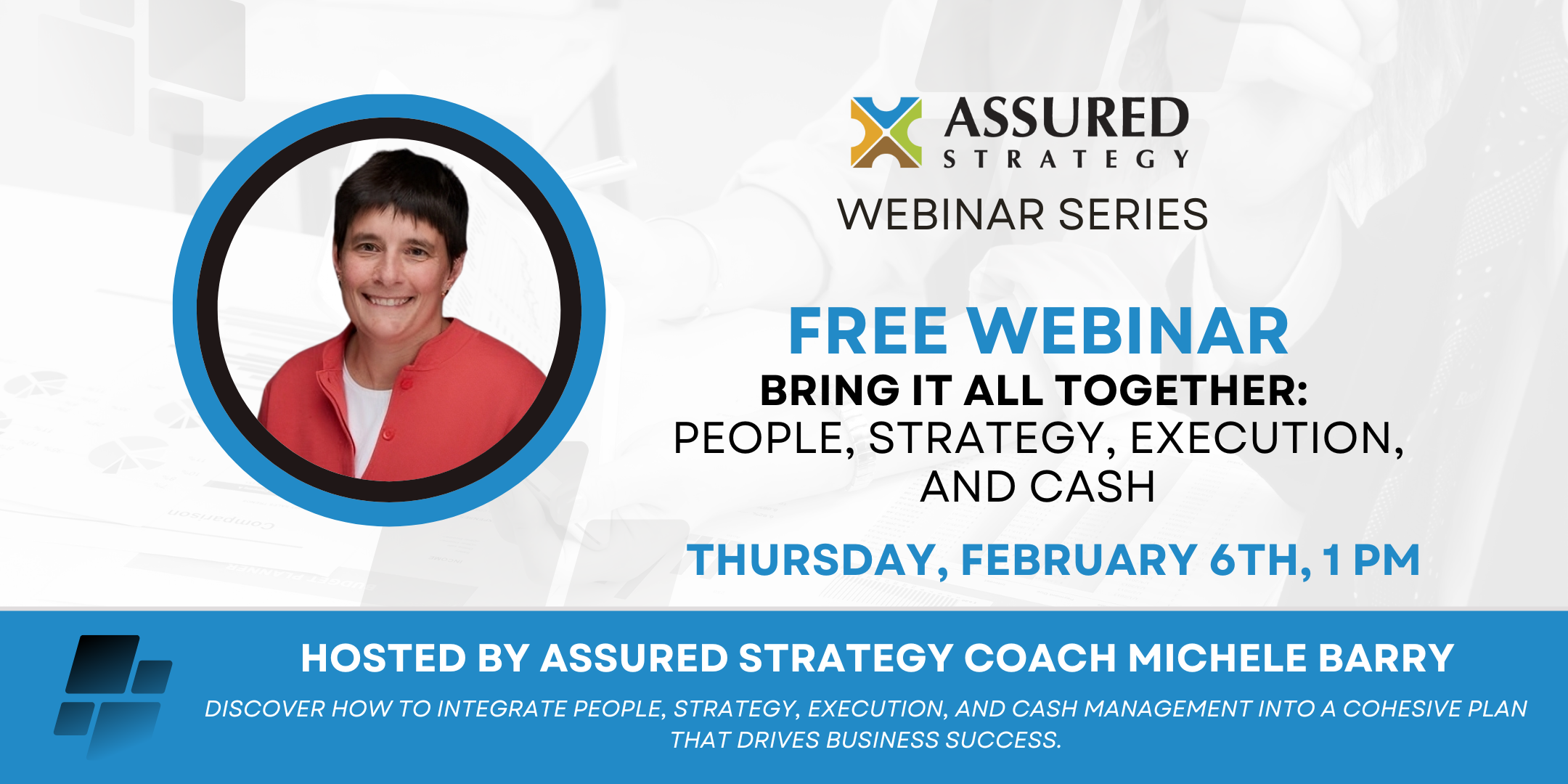
Often young leaders who are transitioning from a manager mindset to a coaching mindset ask for support on how to work more effectively with the employees they supervise. Young leaders want to be taught the exact steps of what they need to do to coach their employees toward better performance. While there are many management skills and specific accountability tools that can be learned, coaching is more of a mindset the leader develops as they mature in their leadership career.
A coach helps to test and challenge your assumptions and beliefs, extract new meaning and learning by exploring other points of view, provide feedback they see in the moment, talk about the “elephant in the room”, and help to explore unexpected and surprising ideas you may have dismissed.
When a leader moves from managing tasks to leading people, they begin to work with employees to help the individual become the best version of themselves. Here are some of the fundamentals I’ve experienced that will help leaders become better coaches to their employees to maximize operational efficiency, increase employee engagement, and achieve strategic initiatives.
- Coaches ASK QUESTIONS: They are not friends, consultants, therapists, mentors or teachers. There is a time and a place for each role, and leaders need to know when to put on what hat, but the fundamental difference is that coaches ask the critical questions to help individuals achieve inner clarity and find their own truth. If you have a coaching hat on, you are a facilitator, not the conveyor of your own personal knowledge and wisdom.
- Coaches SEE POTENTIAL: Coaches don’t just don’t see you as you currently are, they see your full potential and help you get out of your own way through AWARENESS. Behavior profiles like DISC are a great starting point for understanding how you show up in the world; either in the best version of you or stuck by behaviors that get in your own way. There is no good or bad behavior profile, only behaviors that act as strengths or weaknesses in any given moment. AWARENESS of your behavior is the first step. If you have never taken DISC, schedule a free coaching session to find out more.
- Coaches ACTIVELY LISTEN: Coaches use active listening skills by repeating back what they heard you say in a paraphrase and adding in any unspoken emotion they perceive. For example: “It sounds like you are angry about the way the project turned out.” Active listening doesn’t include asking questions you are curious about or adding in your two cents on a topic. Your role is to reflect what the person said and felt while they talked about something.
- Coaches STAY SILENT: Coaches know the power of silence. Silence can feel uncomfortable to some people. We want to fill it by speaking, but coaches use silence to give time for the person to think, reflect, and fill in the void with their own thoughts and insights. When silence is used effectively, it helps people gain clarity.
- Coaches DIG DEEP: Coaches dig deeper by asking clarifying questions that help you gain insight. Sample questions might include: Why (5 times)? What stood in your way? How did you impact the outcome? What was your mindset at the time? What triggered your thoughts and behaviors? What did you learn about yourself from the situation? How could you have achieved different results? How did you get in your own way of success?
- Coaches stay IN CONTROL: Coaches control their own ego. Coaches understand that it’s not their personal journey of success and pride in helping others, the focus is on the individual’s own insights, journey, and accomplishment. Coaches don’t do the work for others, they provide the environment that allows others to find their own greatness.
In business, there is a time and a place when leaders need to direct and teach. These are vital skills in management, but leaders also begin to learn that being a coach and having relationships with their employees that foster interpersonal and professional growth will reap rewards that far outweigh the completion of an immediate task or project. Leaders help grow future leaders through the art of coaching an employee to their potential.
If you don’t have leaders with a coaching mindset in your organization, we can help. Schedule a free coaching session with one of our coaches today to learn how to help your executive team adopt a coaching state of mind.





